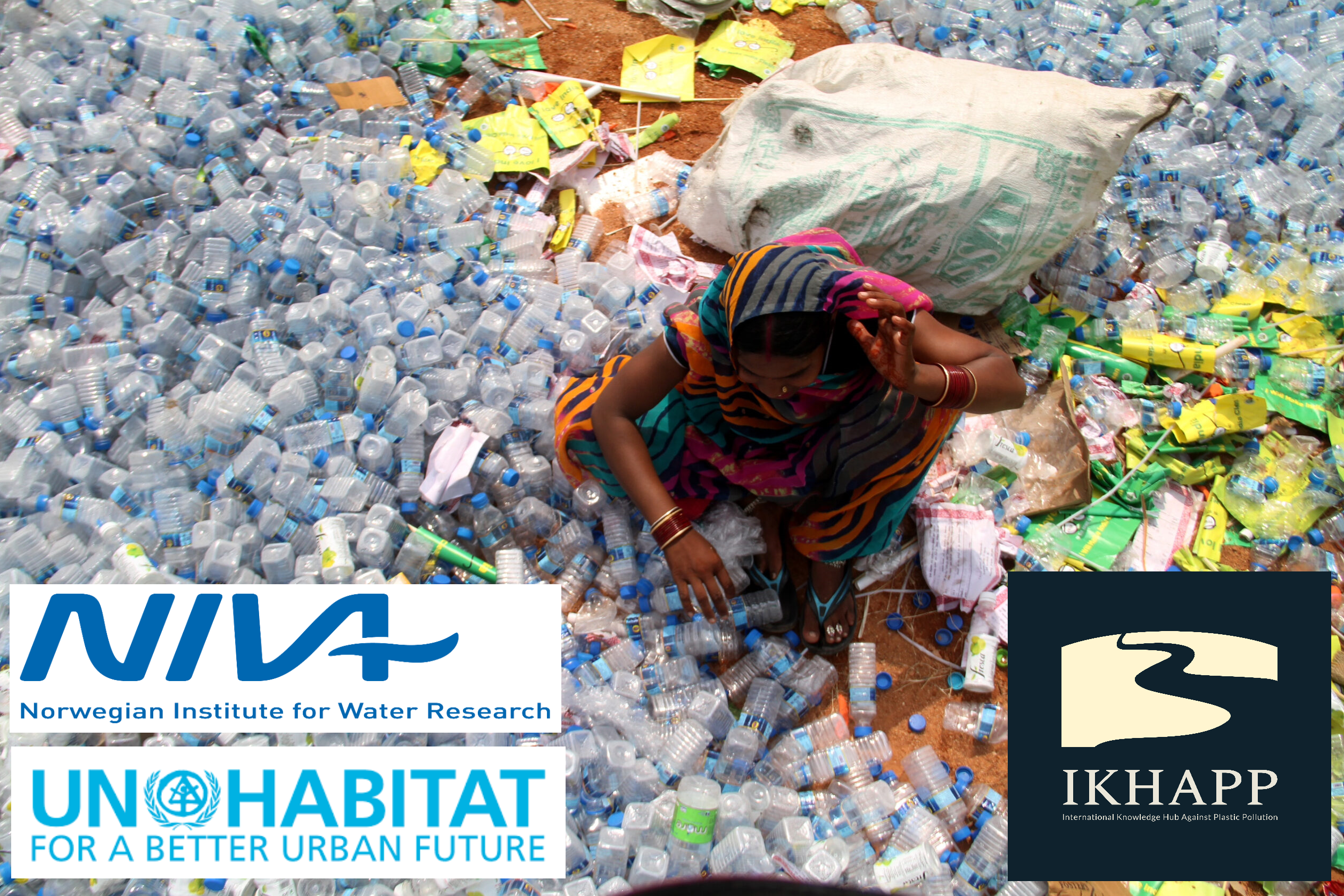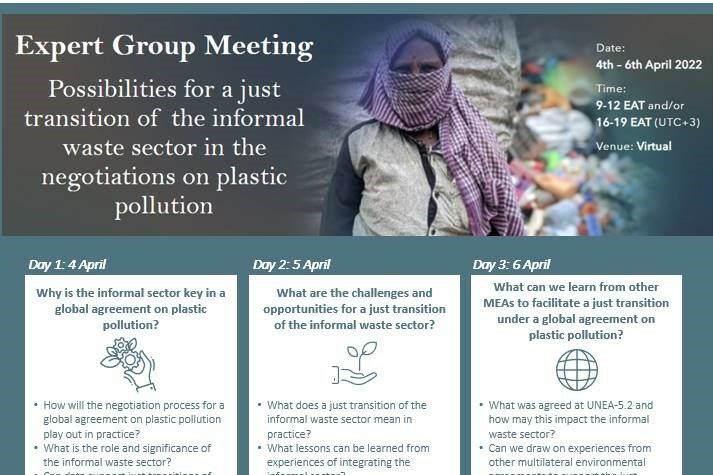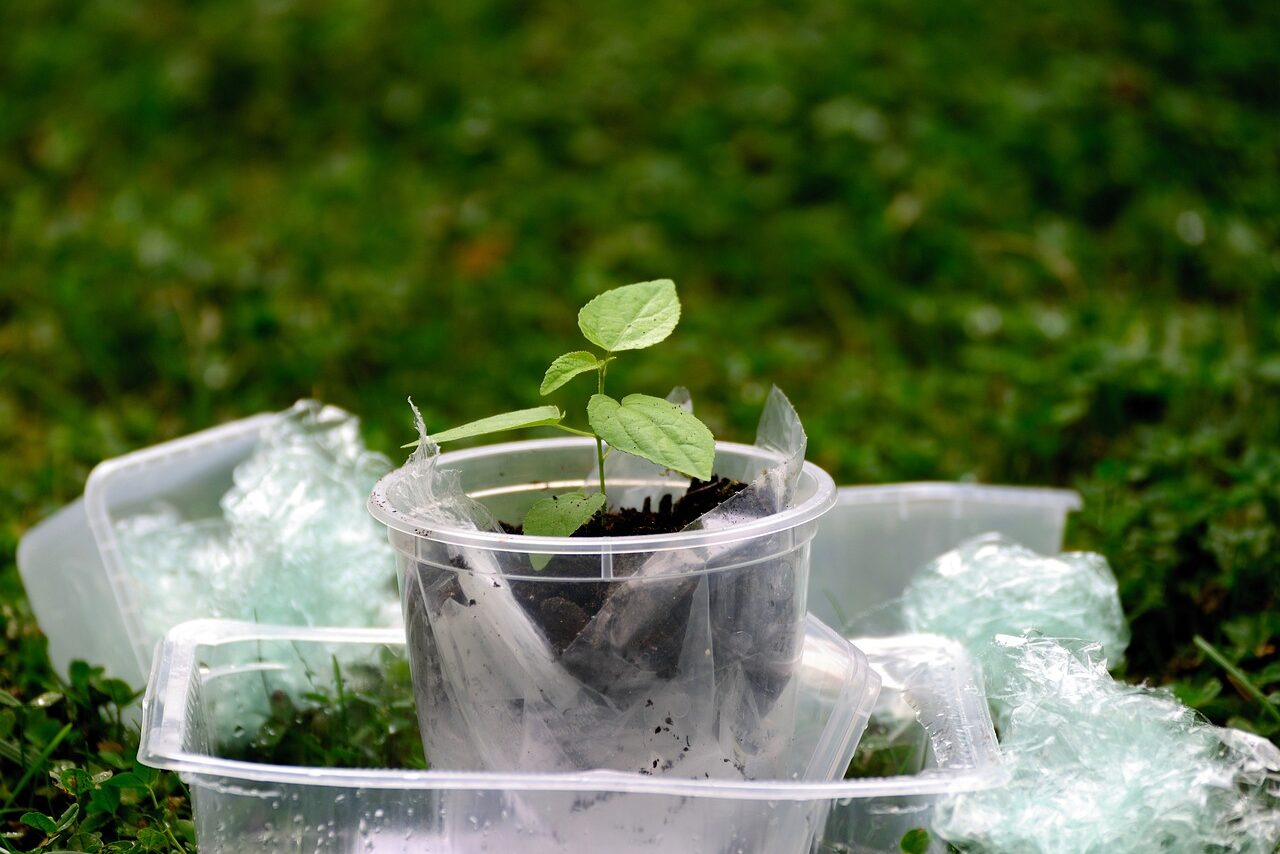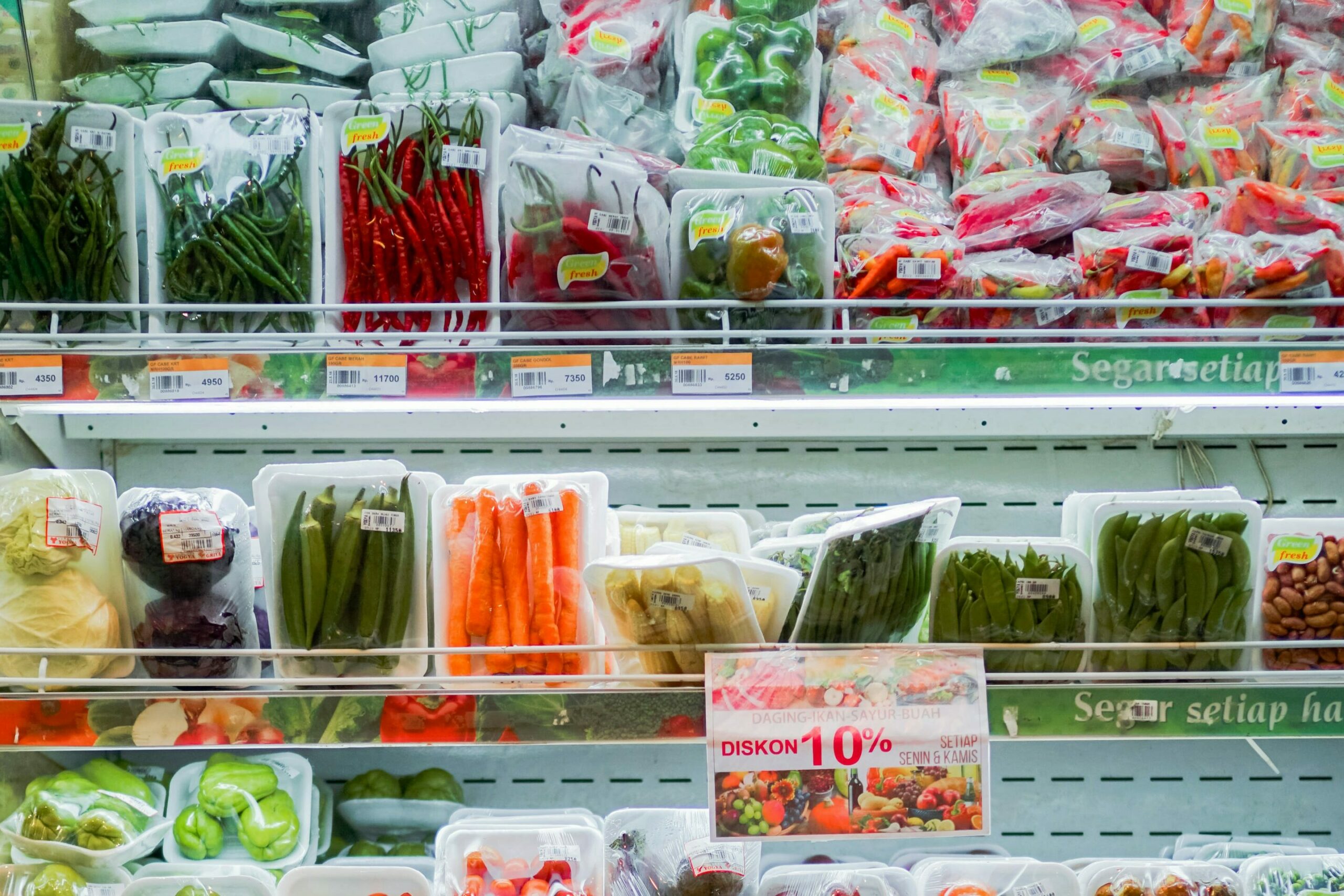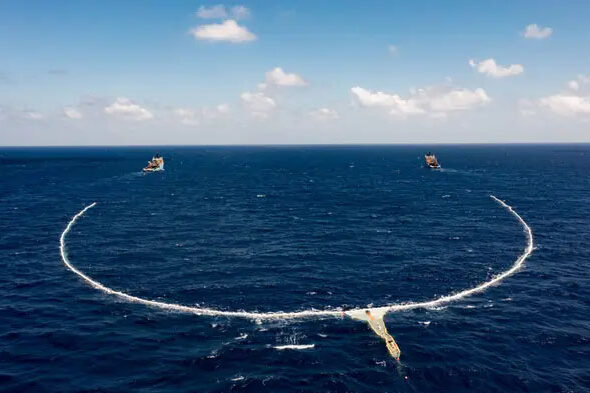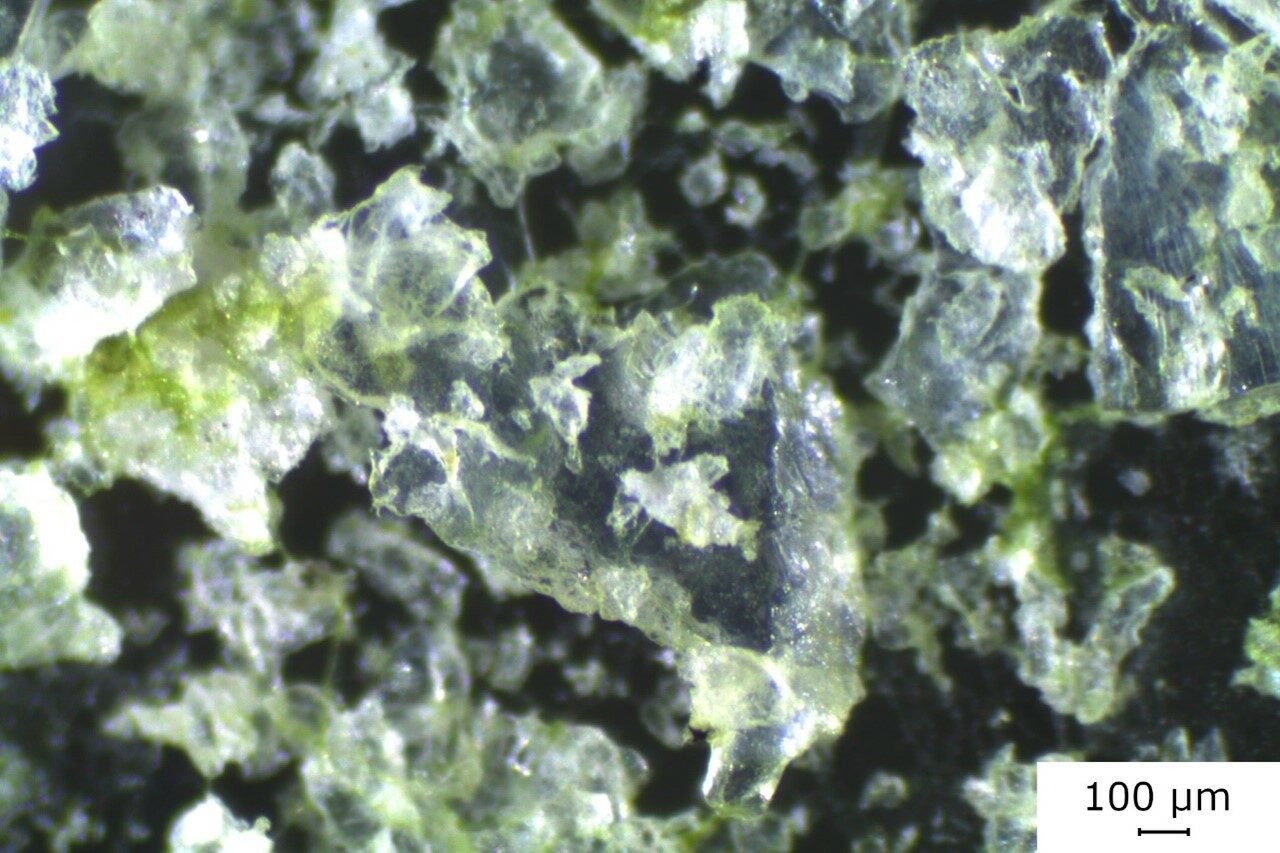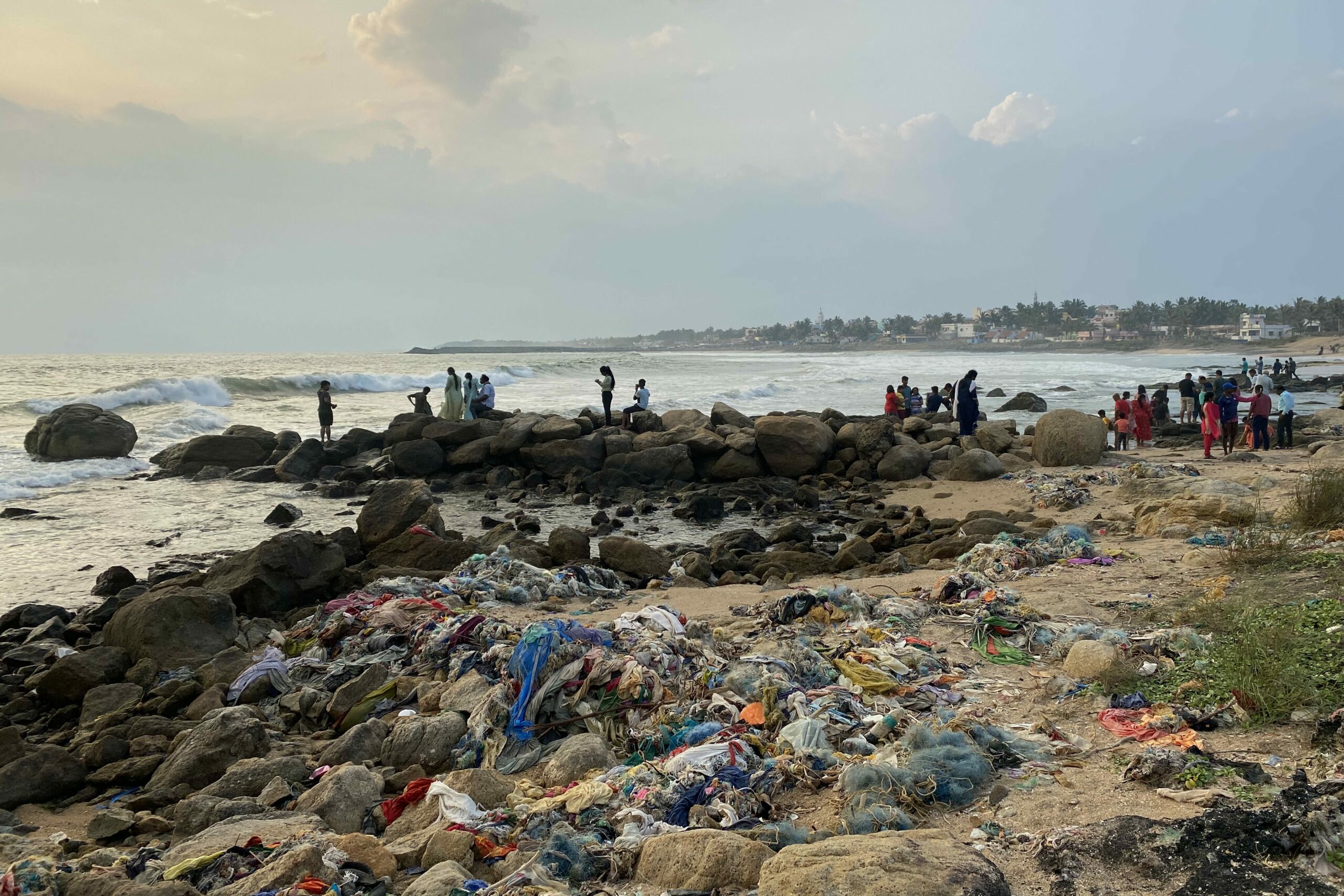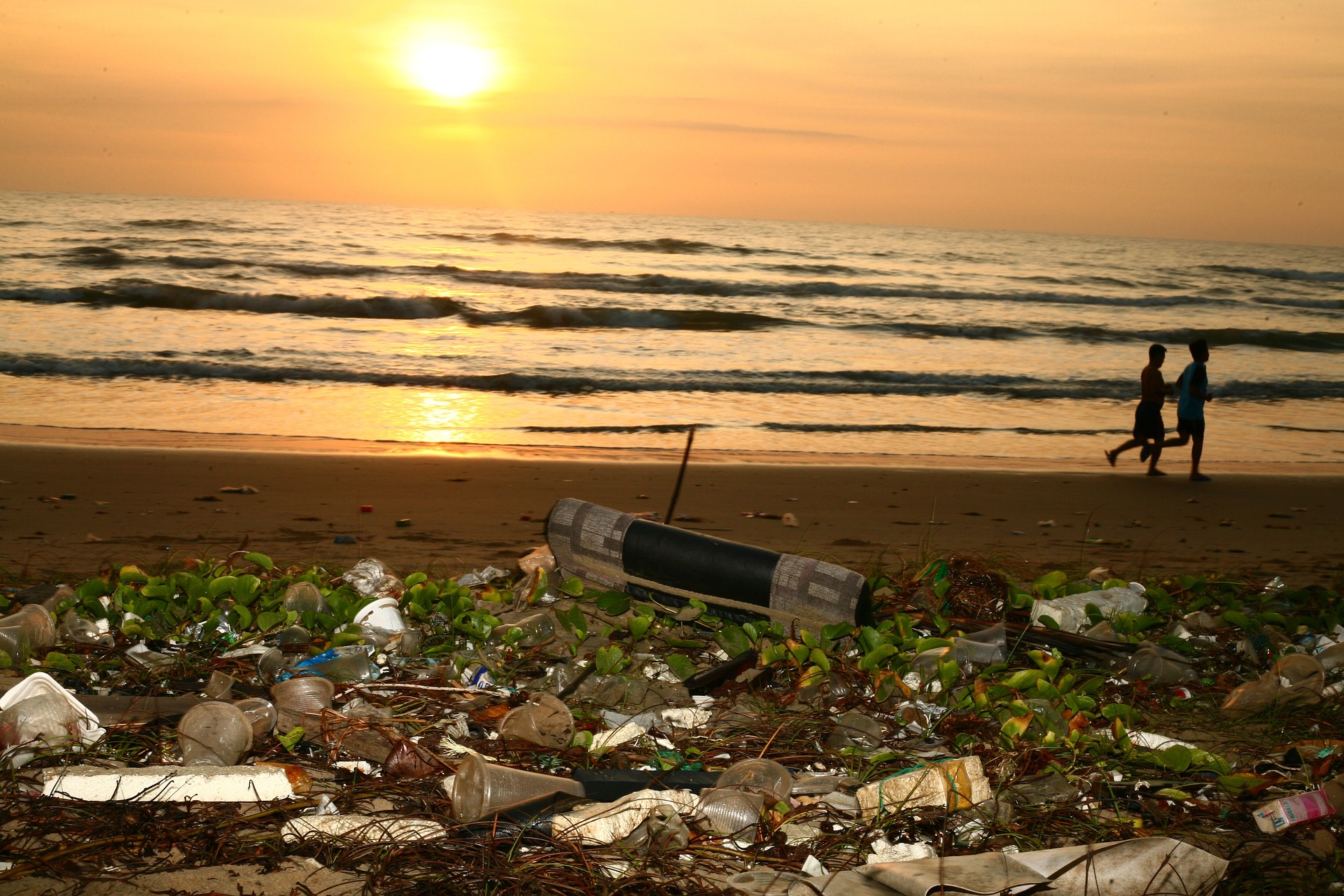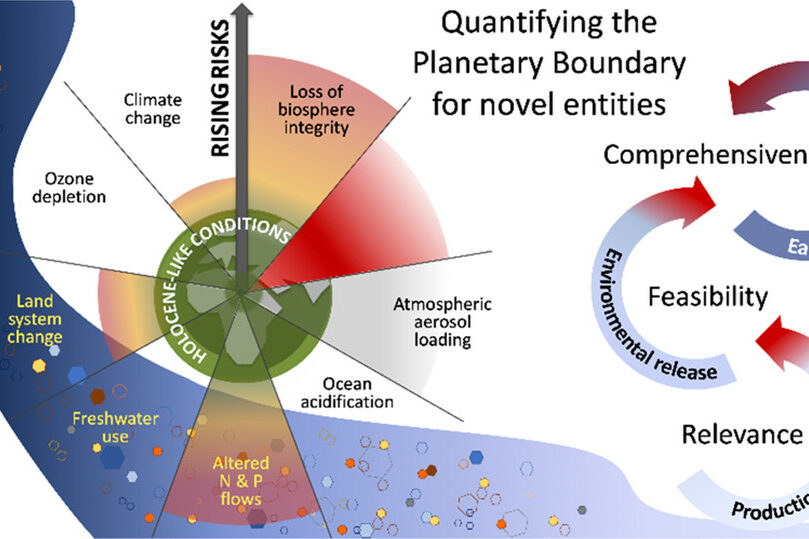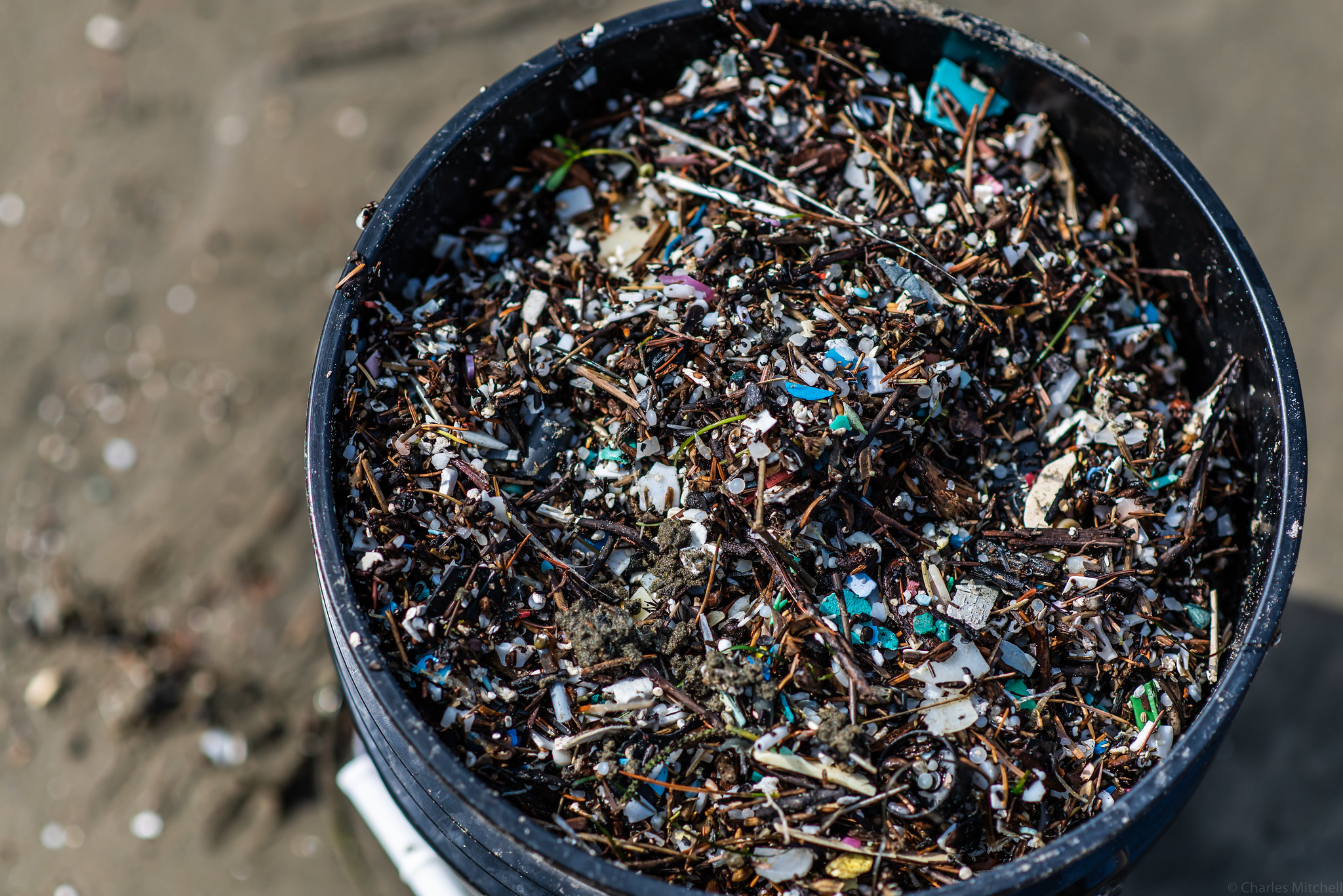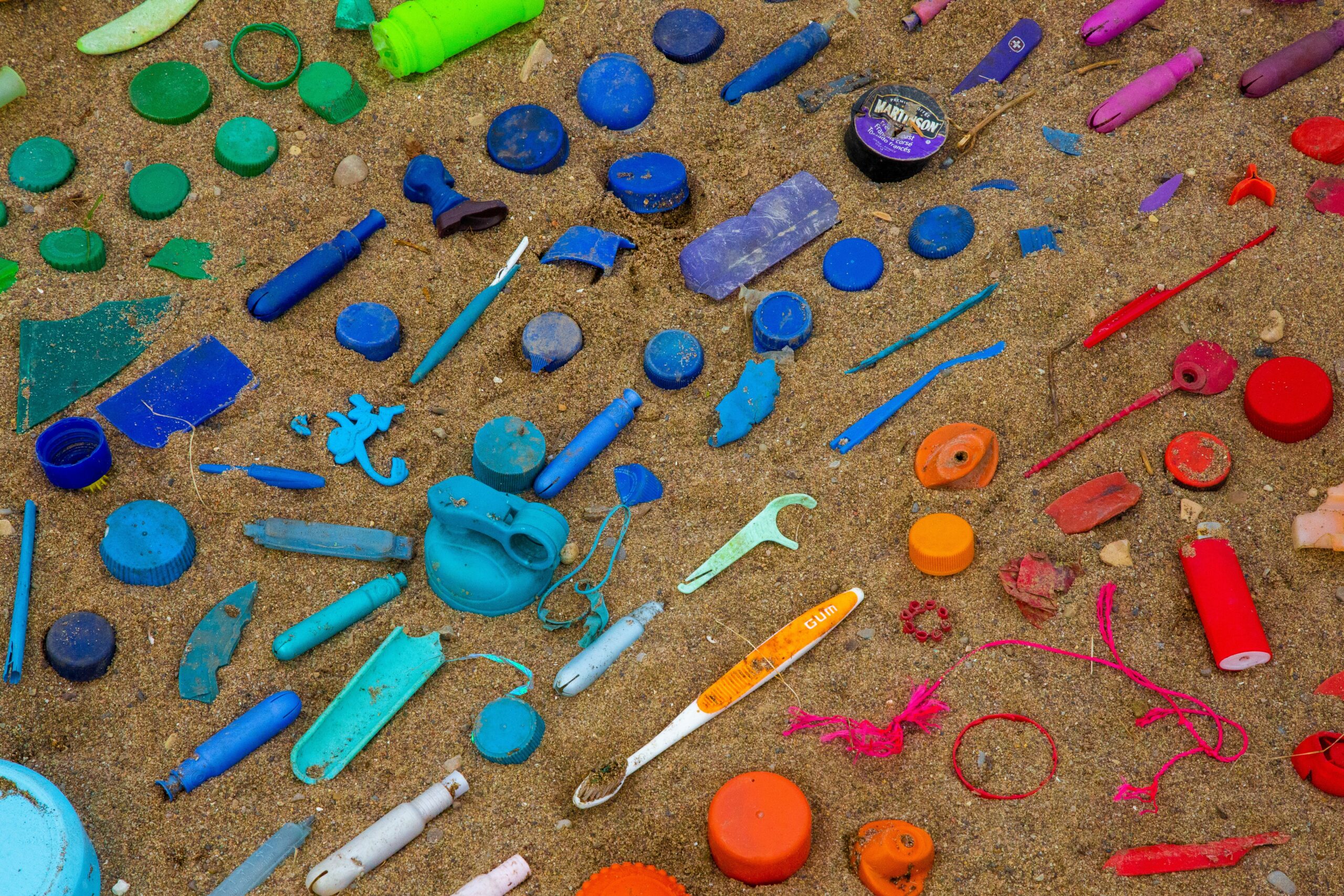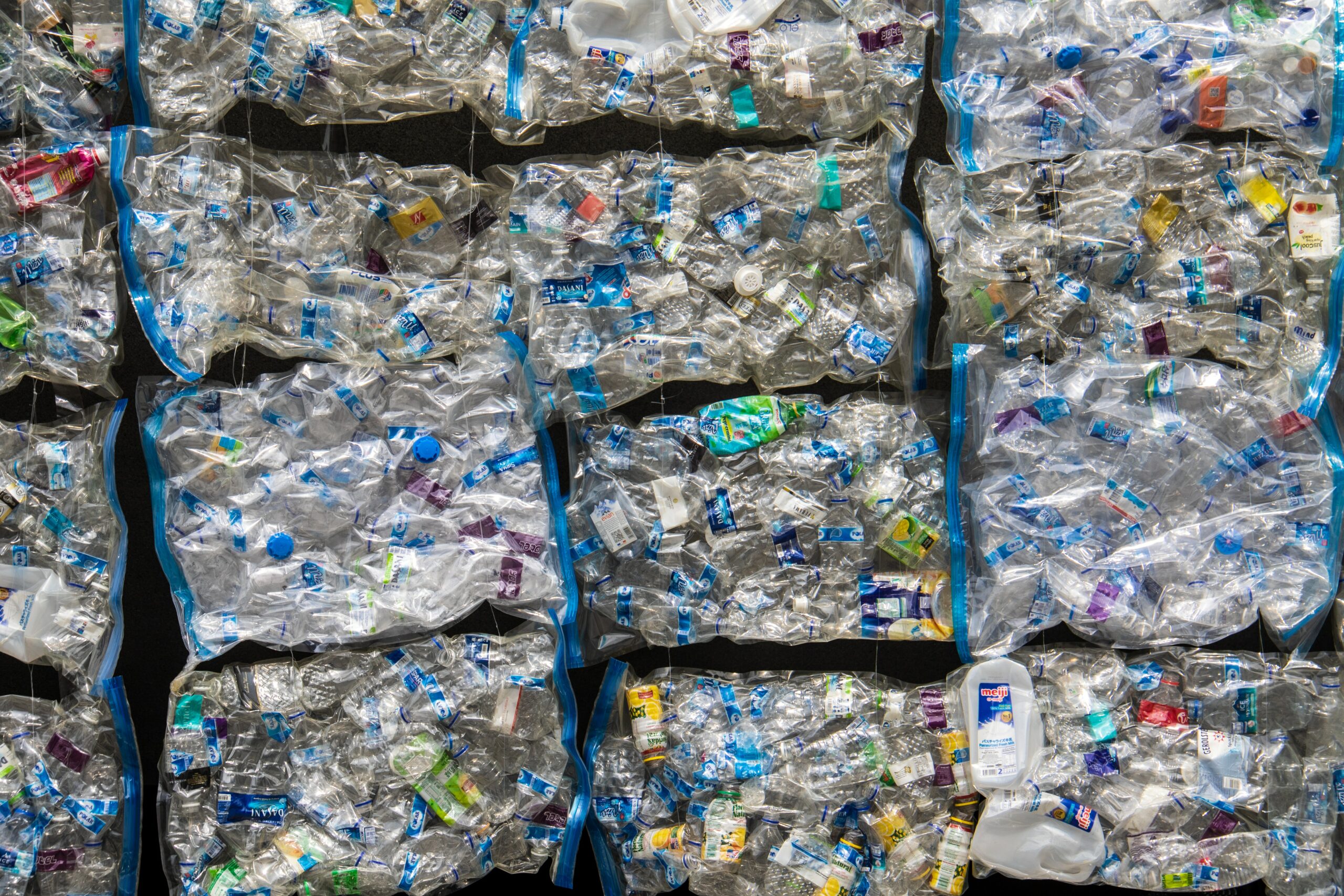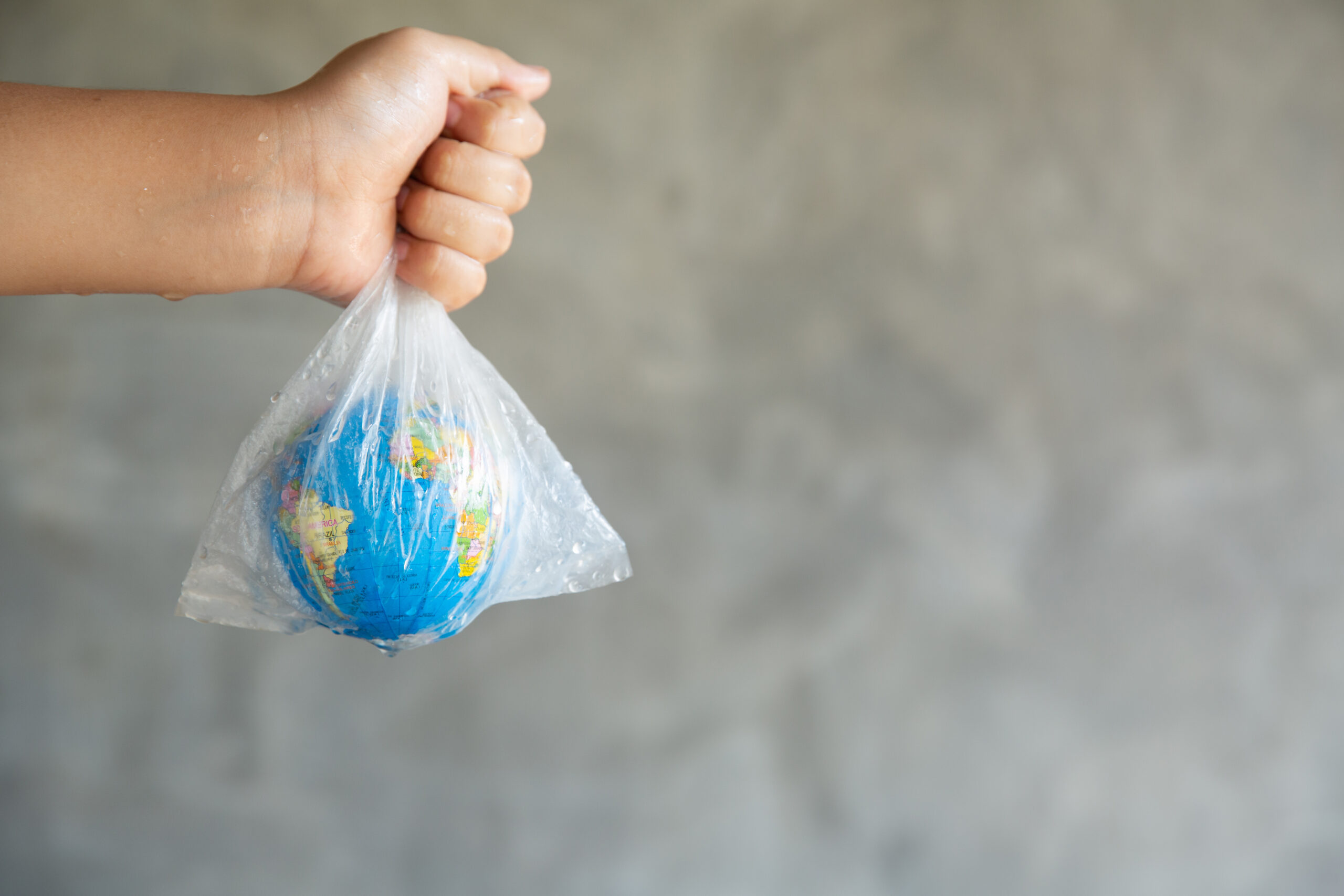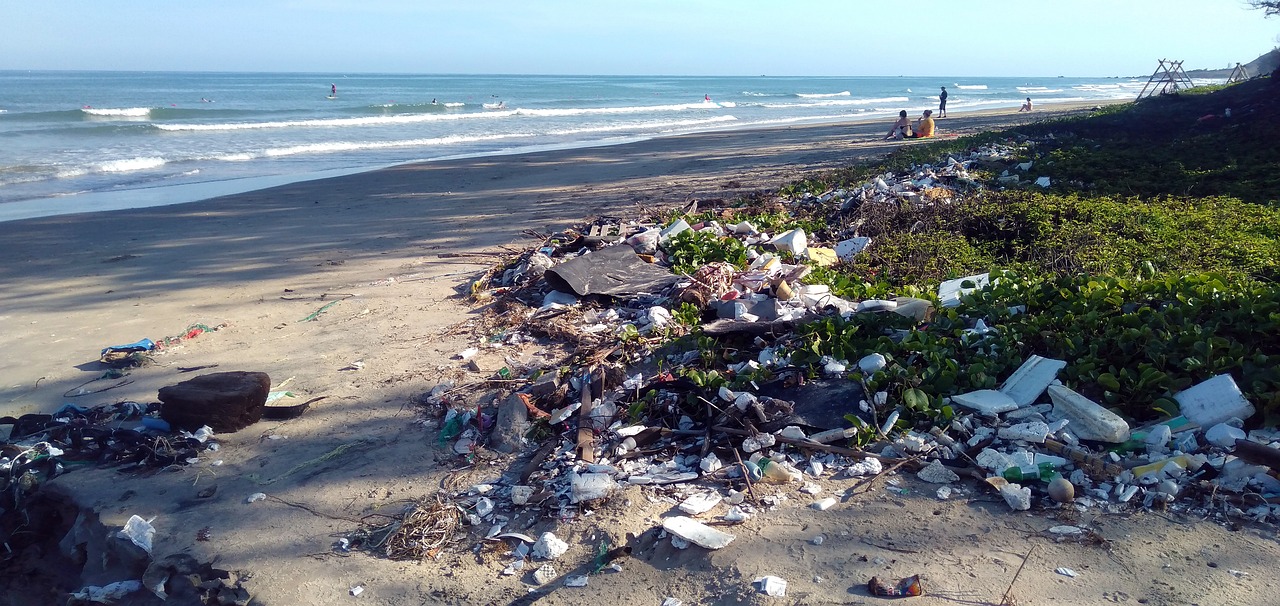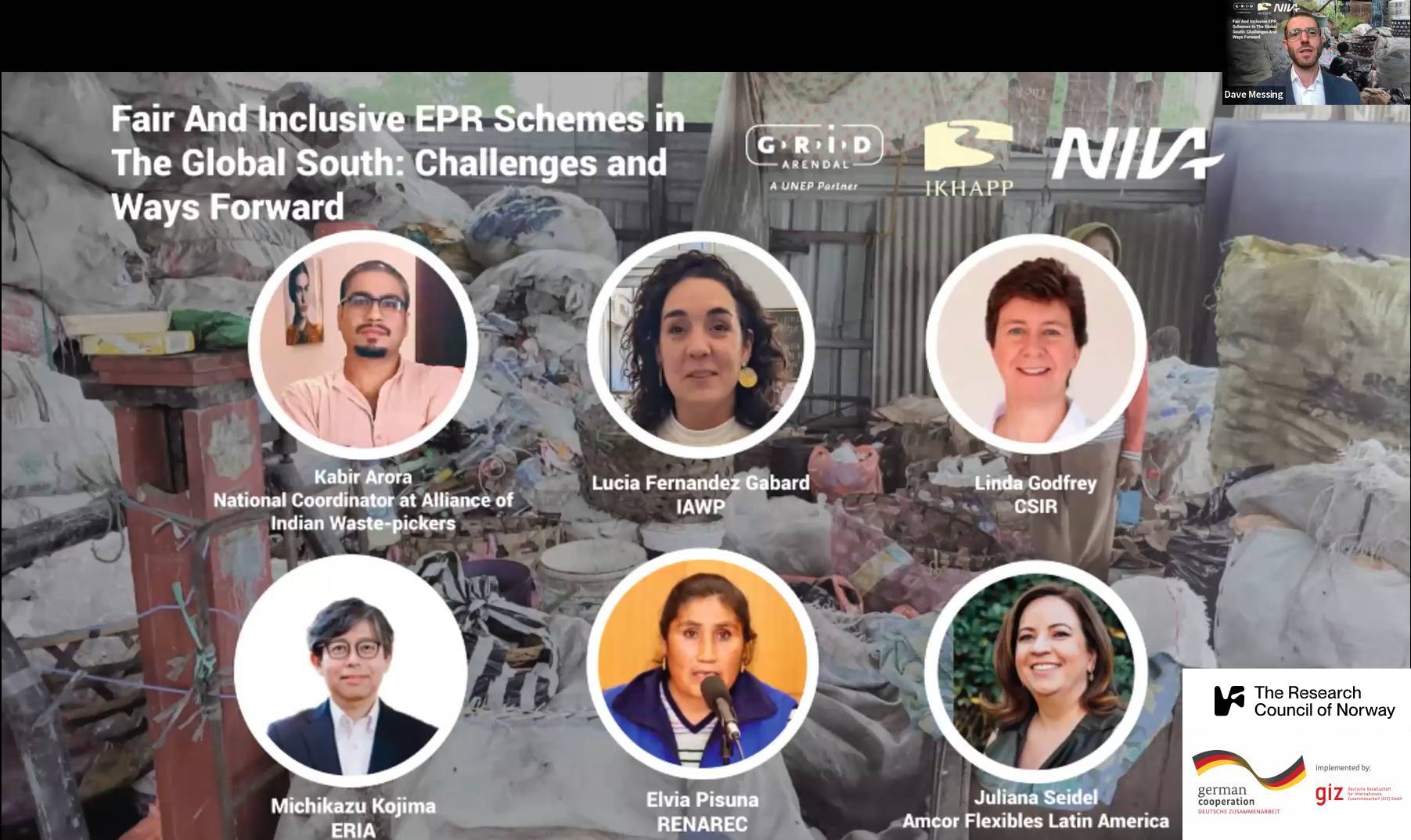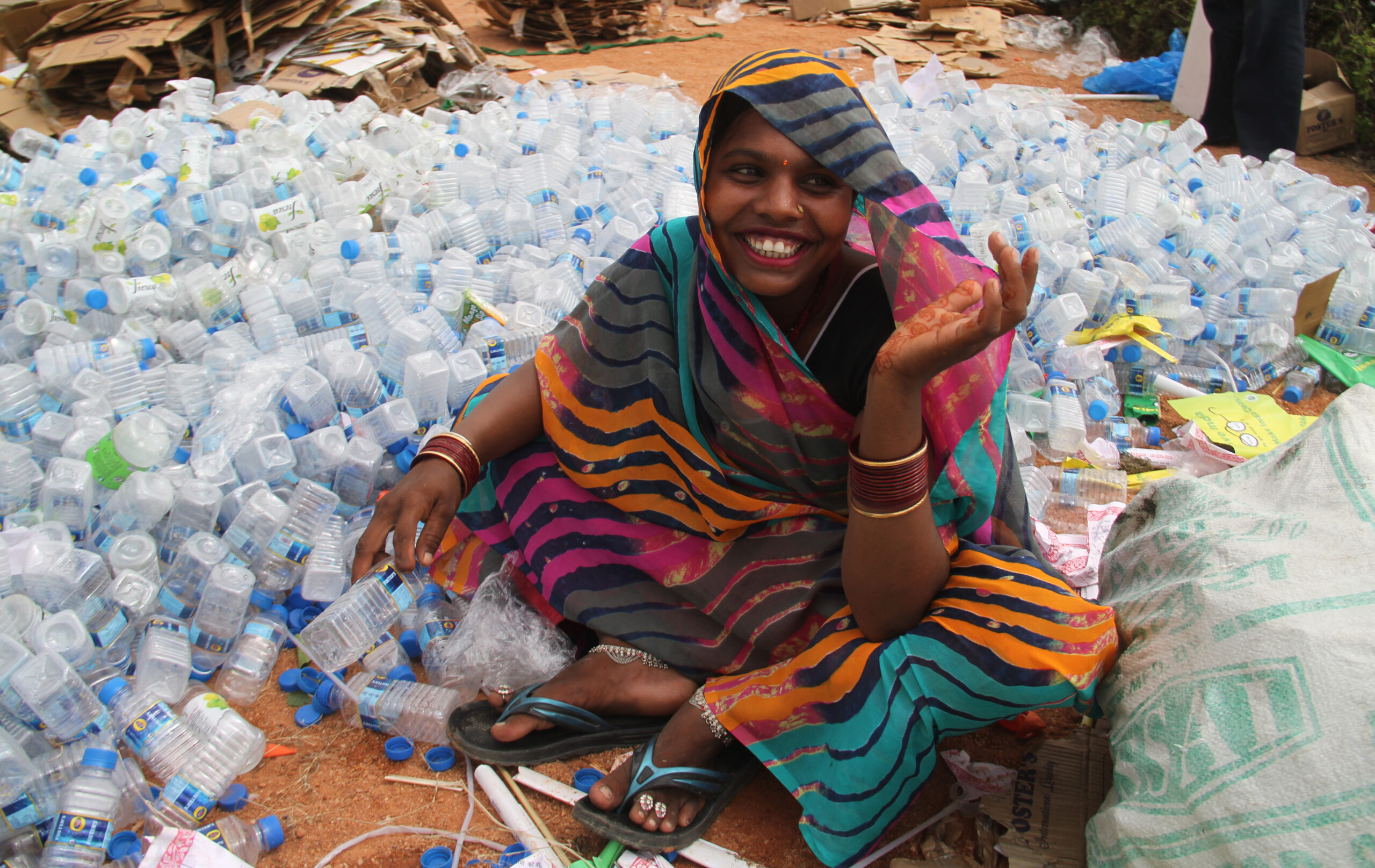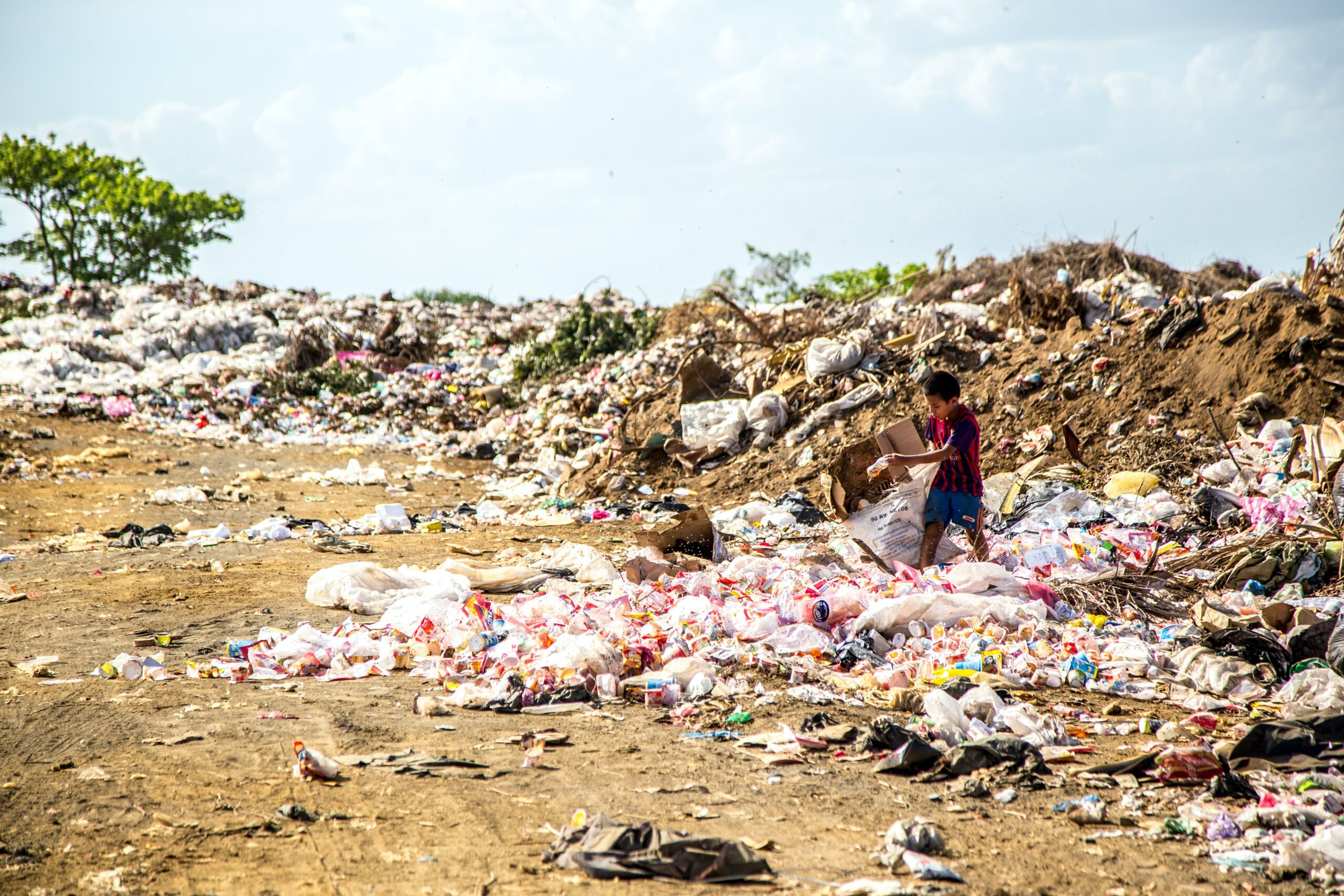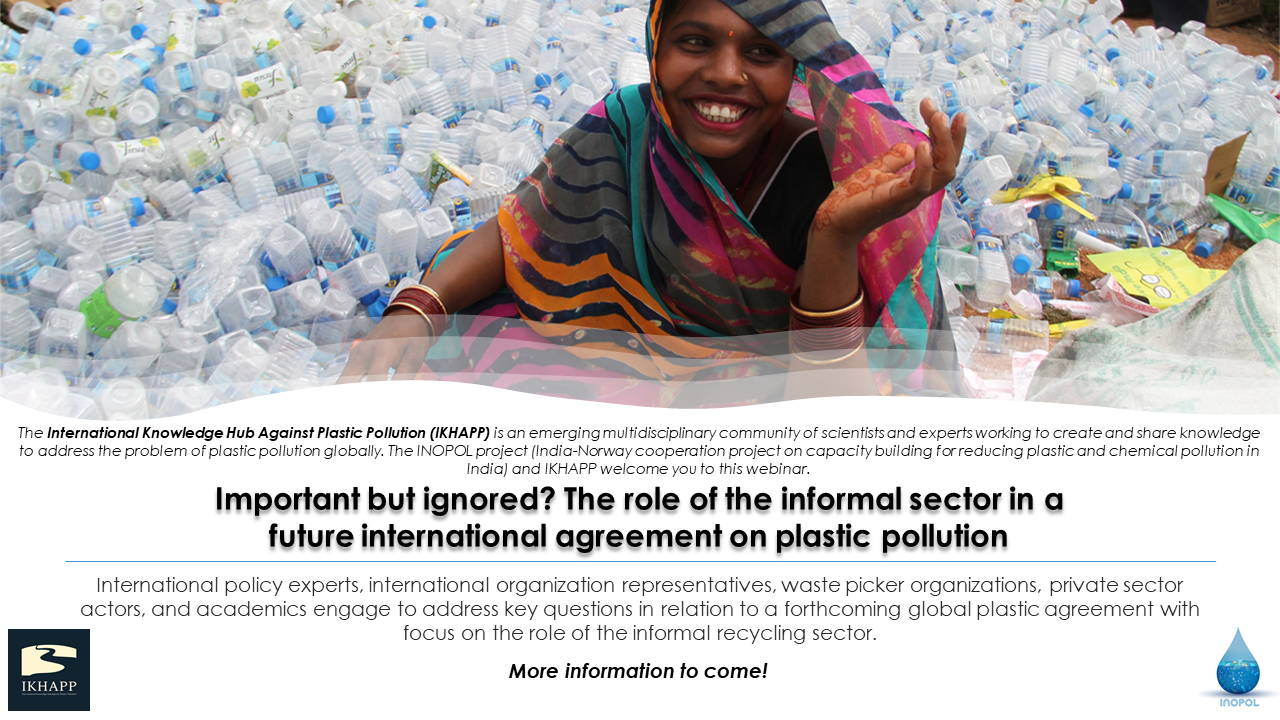Informal plastic recyclers in marginalised communities are often exposed to contaminants and hazardous substances such as toxic fumes and chemicals, further worsening the risk of diseases. Improved understanding of the informal recycling sector enables the design of instruments and policies that ensure the protection and livelihoods of informal workers. Furthermore, informal waste collection and recycling systems continue to evolve and transform, affecting millions of informal workers worldwide. In some countries, the informal recycling sector makes up a considerable portion of the economy. Hence, there is a need to integrate the informal waste management sector in the development of the upcoming global agreement on plastic pollution, specifically in developing countries which are highly dependent on this sector. Despite its importance, the informal sector is neglected in social and political contexts. An improved knowledge base on how the global plastic treaty can impact and facilitate its transition is of utmost importance.
